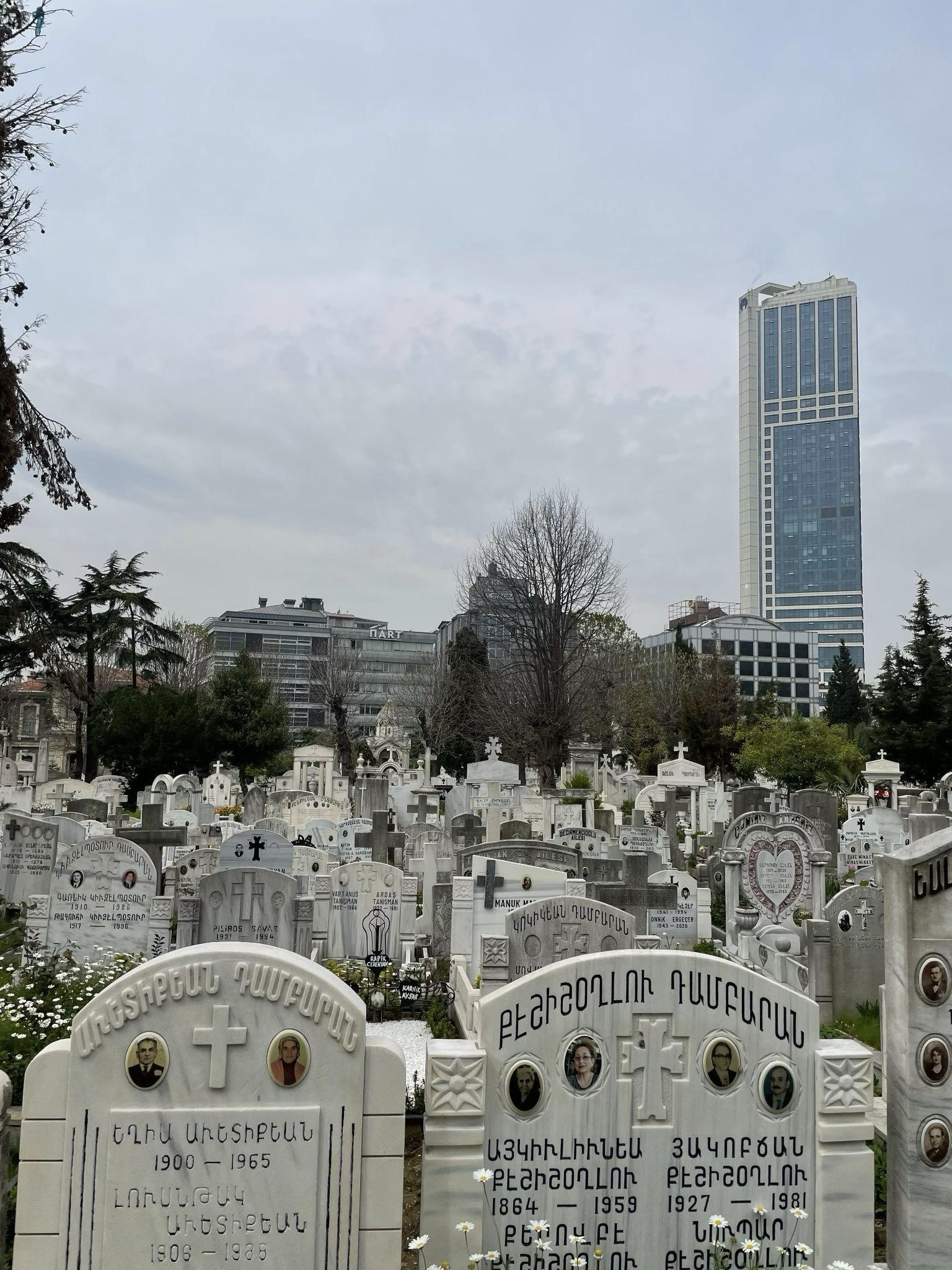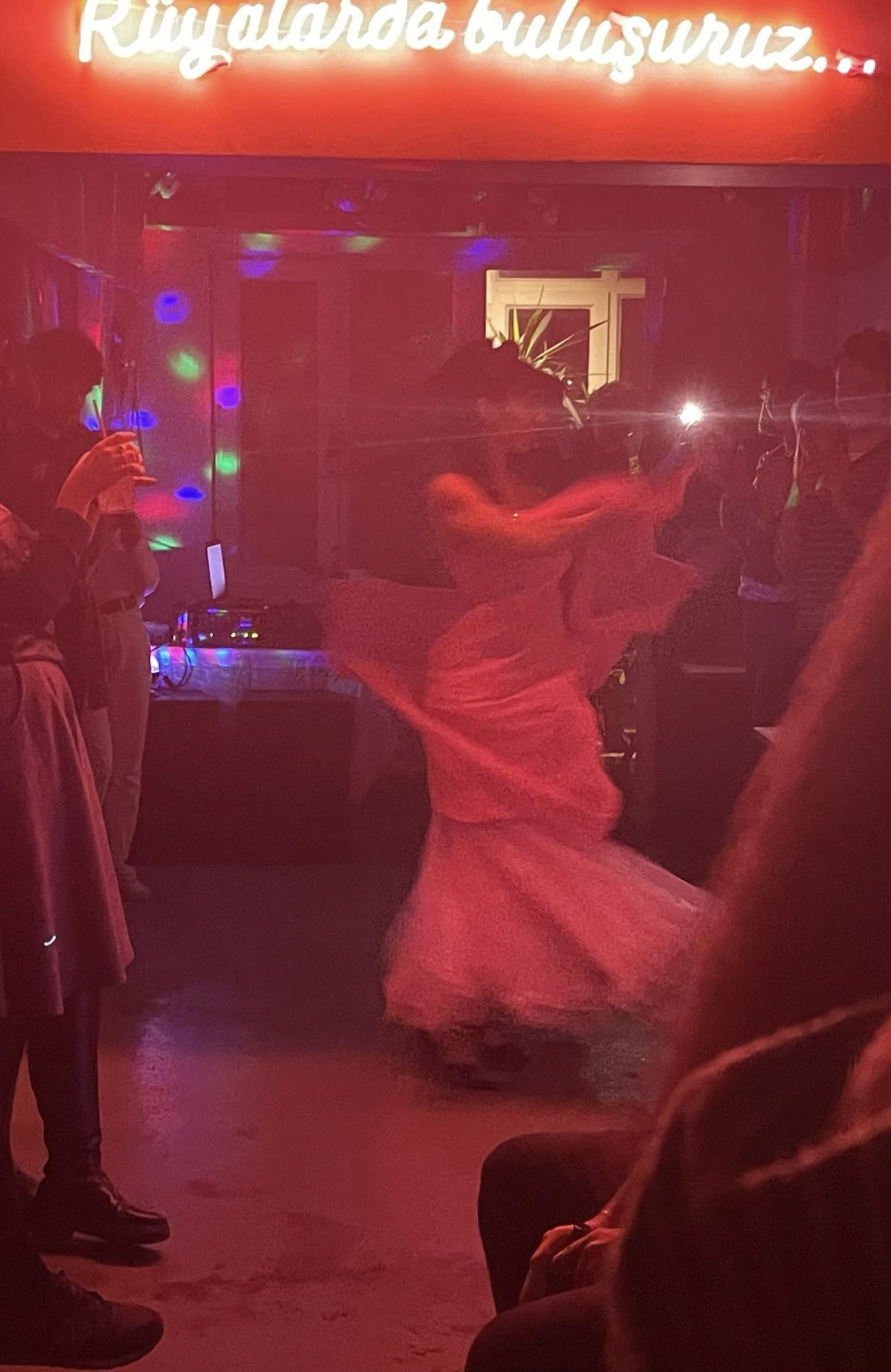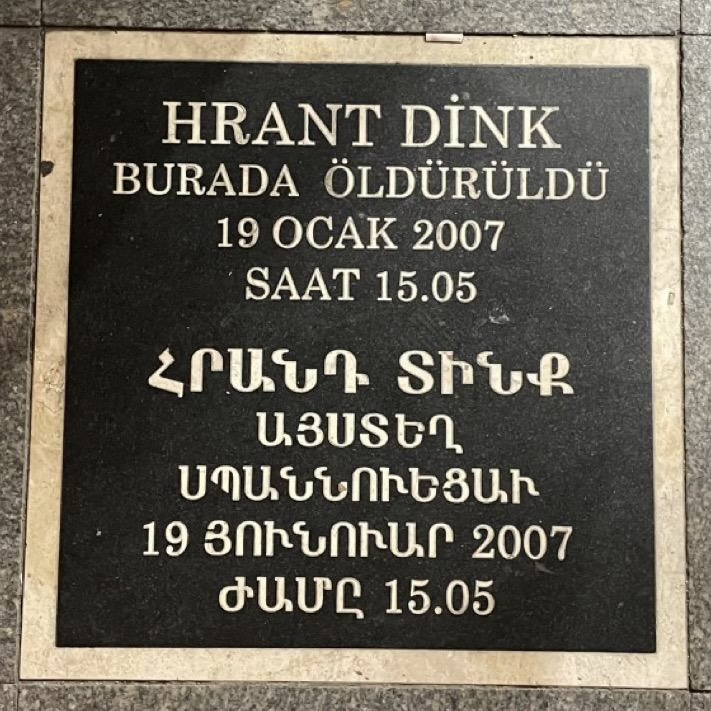
Ghostly Cruisings: Encounters in the City
This ethnography explores the lives and interactions of Armenians and trans women sex workers in Istanbul through the lens of urban spaces, memories, and emotions, focusing on how they relate to state violence and each other.
First, it delves into the century-long history of Armenians subjected to dispossession, displacement, and (in)visible violence practices, highlighting the erasure of their traces in urban spaces through cemeteries. Simultaneously, it examines the cumulative increase in violence against trans women sex workers in Beyoğlu, documented since the 1970s, and their encounters with Armenians in the same spaces at different times, aiming to establish a connection between these “accidental” encounters.
I am floating around the Şişli Armenian Cemetery, murder site of the Turkish-Armenian Journalist Hrant Dink, old and new red light streets and brothels, without necessarily encountering one another to understand whether these spatial hauntings generate emotional or political forms of recognition and refusal?
Focusing on the disruptive temporalities, memories, and uncertain emotions of the past, present, and afterlives, I try to unearth how Armenians and trans women can envision alternative futures despite the state’s linear temporal framework and erasure policies, as well as the cracks in this possibility.
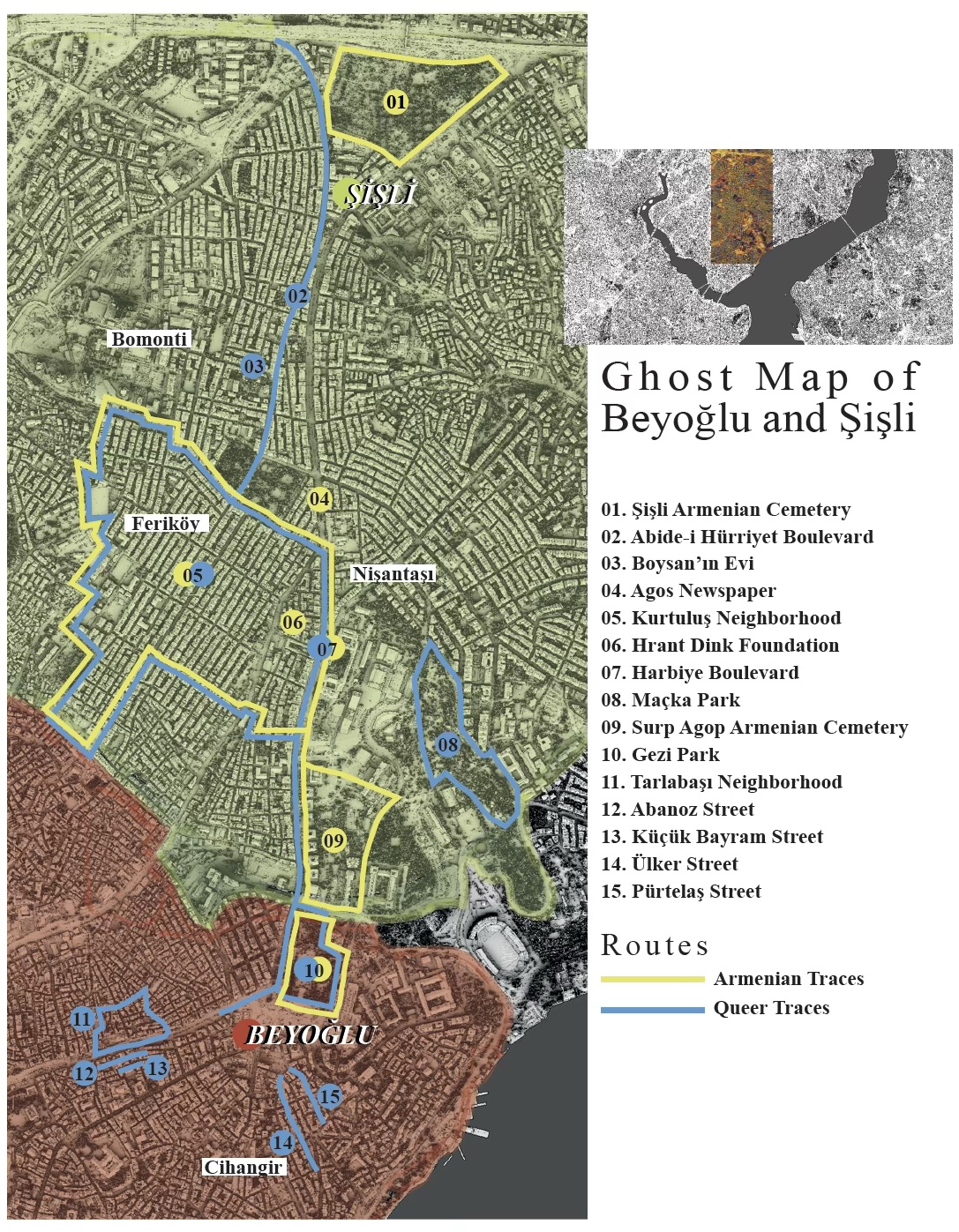
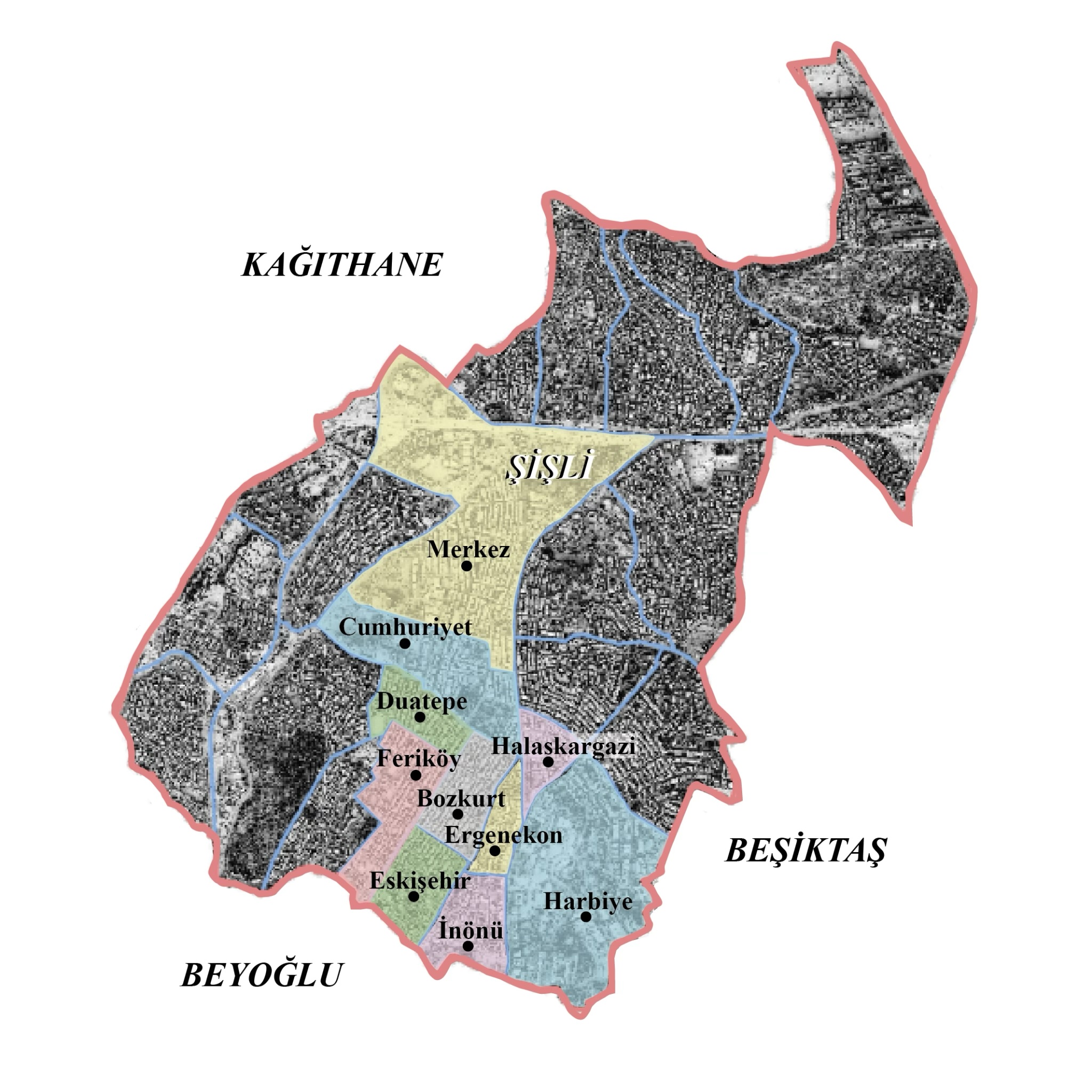
I also delve into the spectral and spatial relationships between Armenians and trans women in the Şişli district through what I call "queer hauntography" which is an embodied, emotional and doubtful ethnography method that inherently queer and foregrounds messiness, disorientation, and unknowing as generative tools for understanding and remembering. In particular, I introduce the çark framework by dwelling on both Turkish and Lubunca (Queer Slang) meaning. While the çark in Turkish represents the cogwheels of a machine, in Lubunca it means hitchhiking on the street for sex work. Therefore, I center çark as a broader cycle of cogwheels: a spinning of history, of violence, of denial, of temporality, and emotions surrounding both trans women and Armenians in Turkey. By looking at the everyday encounters of "others" who are haunting and who are haunted by the state in different ways, I aim to show that in post-genocidal nation-state geography like Turkey, communities ghosted in terms of ethnicity and sexuality cannot be evaluated separately but are intertwined.
#hauntology #spectrality #çark #cemeteries #hrant dink #state violence #armenians #trans women #sex work #istanbul
